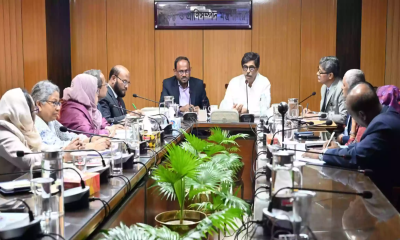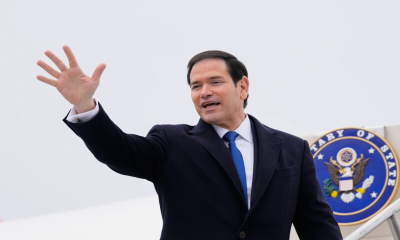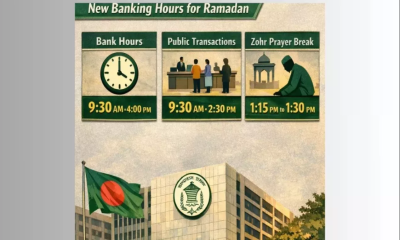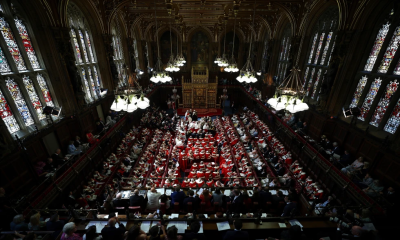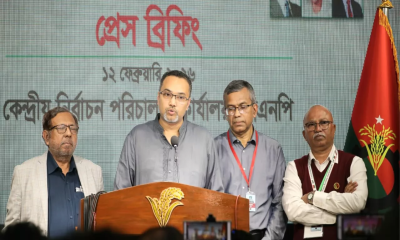Qatar 2022 will go down as one of the most talked about and controversial World Cups in history.
The Gulf country defeated bids from South Korea, Japan, Australia and the United States to host the tournament, but there were allegations of widespread corruption in the process, which Qatar have always denied.
In February 2021, the Guardian said 6,500 migrant workers from Bangladesh, India, Pakistan, Nepal and Sri Lanka had died in Qatar since it won its World Cup bid.
The number is based on figures provided by the countries' embassies in Qatar.
However, the Qatar government said the total was misleading, because not all the deaths recorded were of people working on World Cup-related projects. The government said its accident records showed there were 37 deaths among labourers at World Cup stadium construction sites between 2014 and 2020, only three of which were "work-related".
However, the International Labour Organisation (ILO) said that was an underestimate.
There have been fears over how LGBT fans can expect to be treated given the country's strict adherence to Sharia Law, with homosexuality illegal in Qatar.
Organisations engaging with Fifa over the tournament have said "progress has been slow" and "issues of concern" remain.
UK Pride organisations have called on bars and venues to not screen World Cup matches in a boycott of the tournament.
Players have been urged to use their influence to speak up about the issues in the country and at a news conference in Doha on Thursday, England defender Conor Coady said "we're not politicians".
The Everton defender added: "We'll never be politicians in terms of the way we look at things but, in terms of what the squad has done over the last few years and how much they've helped people, that comes with the territory."
Sepp Blatter, who was the president of Fifa and the man who announced the awarding of the tournament to Qatar in 2010, said last week that decision was a "mistake".
On the day before the tournament, Fifa president Gianni Infantino accused the West of "hypocrisy" in its reporting about Qatar's human rights record.
In an extraordinary monologue at a news conference in Doha, Infantino spoke for nearly an hour and made a passionate defence of Qatar and the tournament.
Temperatures in the summer often reach 50C here, which is why the tournament was moved for the first time to a 'winter' slot, though it is still a balmy 32C during the day and a pleasant 22C in the evening.
It has meant European leagues have been brought to a halt mid-season, with the opening game taking place just a week after the last Premier League match between Fulham and Manchester United.
Three months out from kick-off, the Fifa council approved a request from the South American confederation Conmebol to move the start of the tournament a day earlier than planned.
And just two days before the event, organisers announced fans would not be able to purchase or consume alcohol inside or within the perimeter area of any of the eight stadiums.
At 29 days from start to finish (20 November to 18 December), this will be the shortest World Cup since Argentina 1978.
That means organisers have had to schedule four games most days during the group stages and there is no turnaround time between the groups and the knockout stages, with the last 16 starting the day after the group stages end.





-20260217073221.webp)
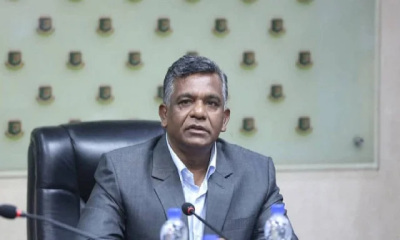

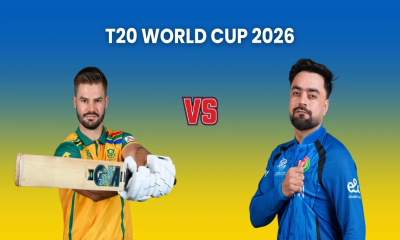

-20260219110716.webp)

-20260219054530.webp)


